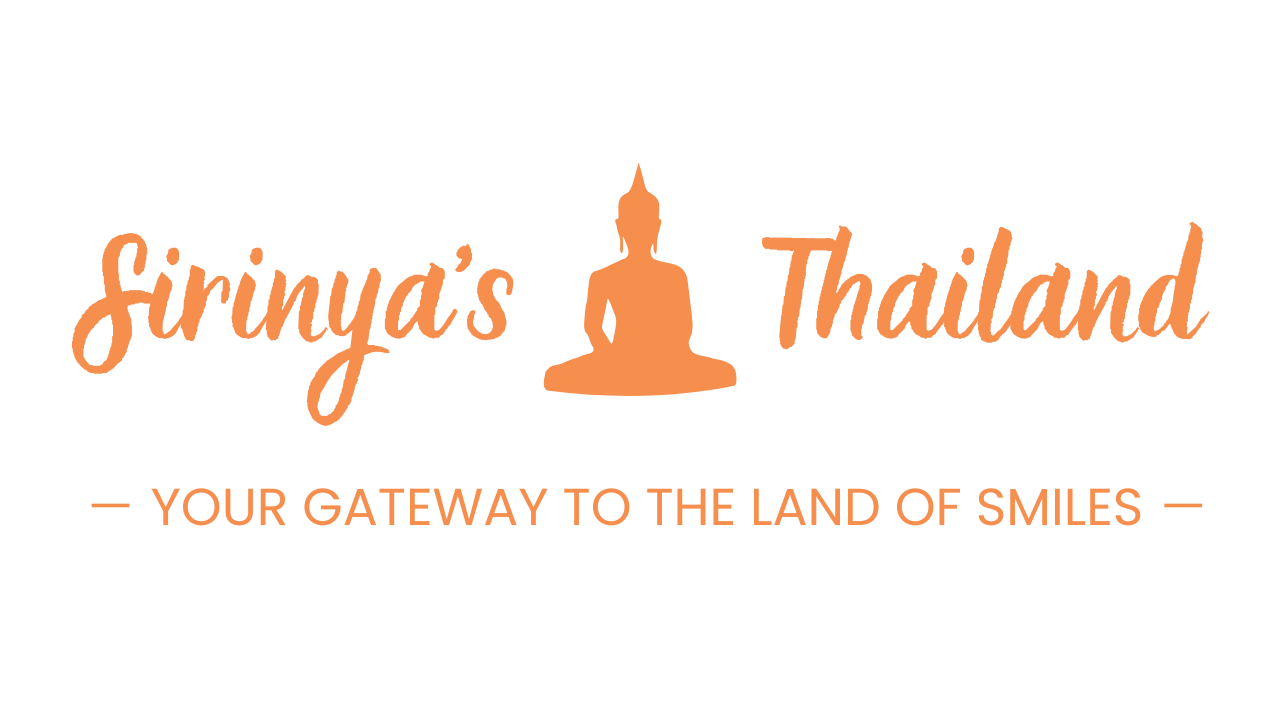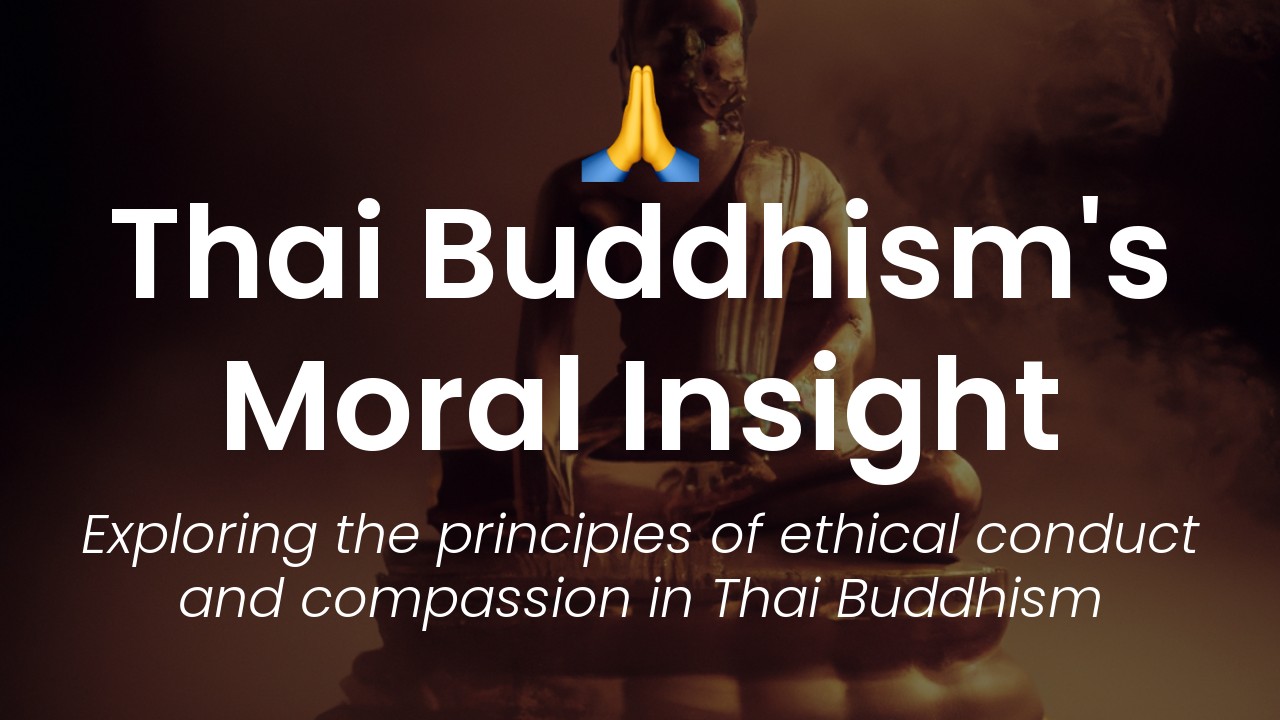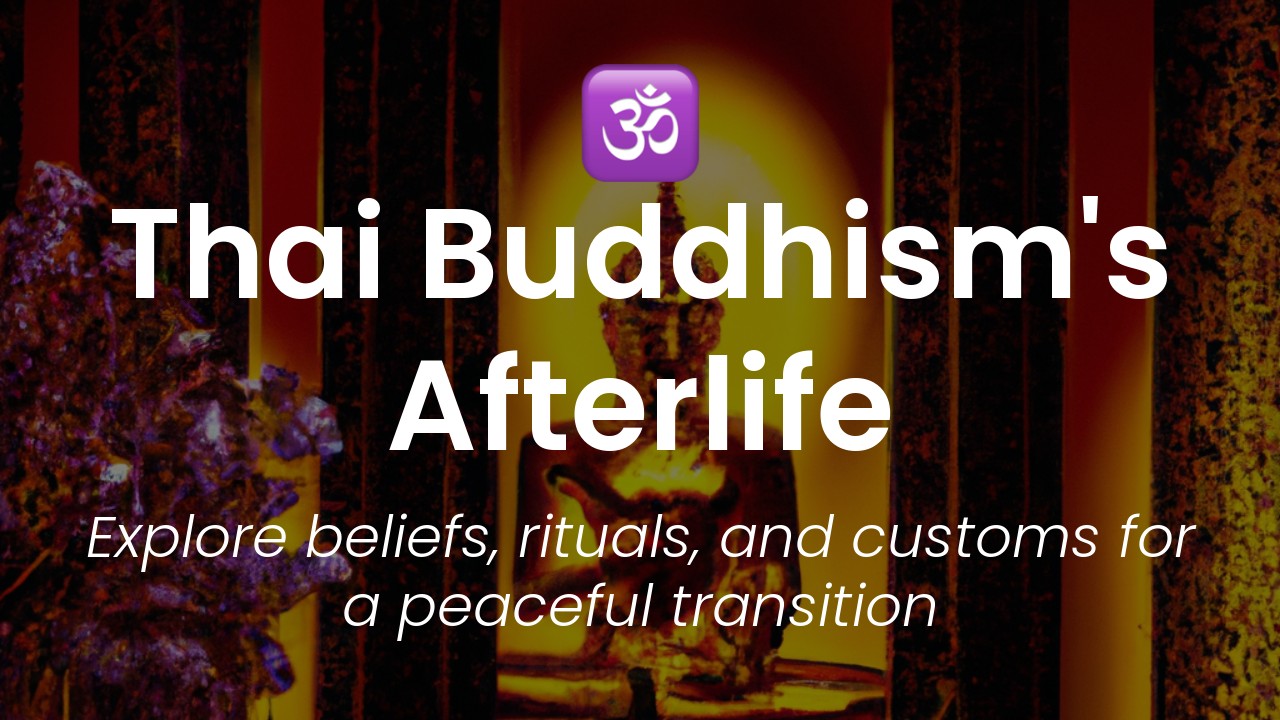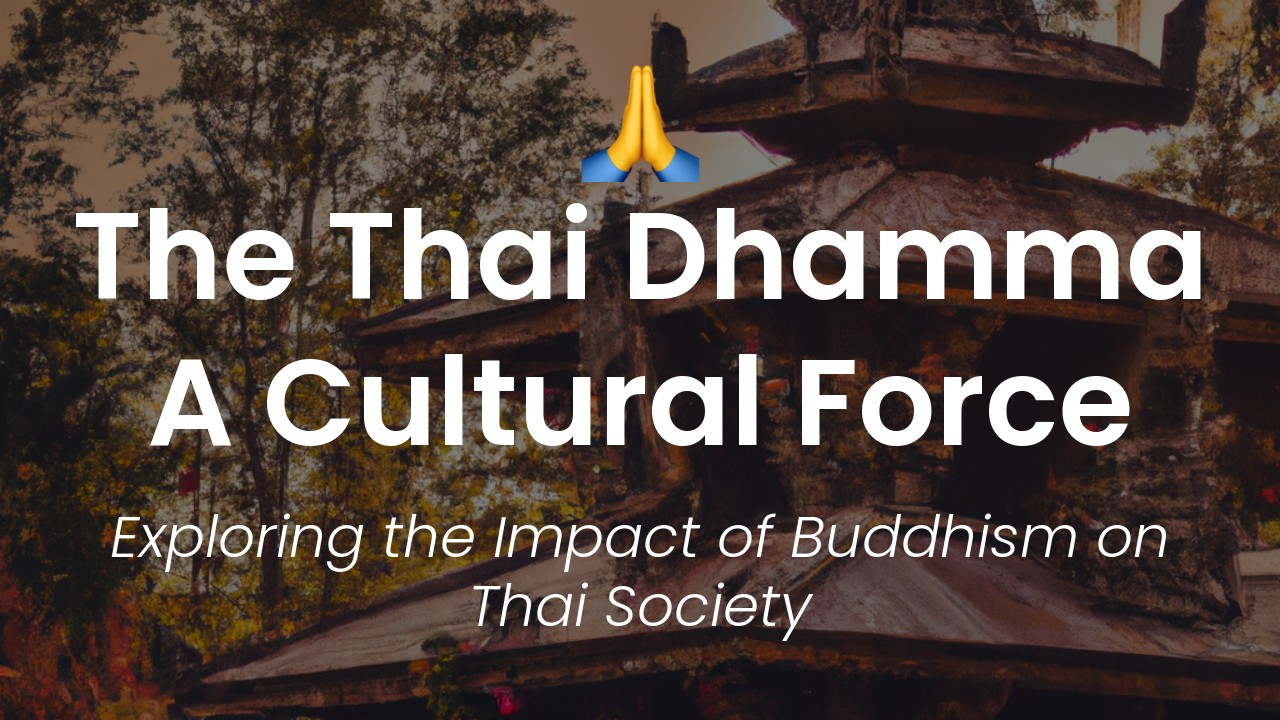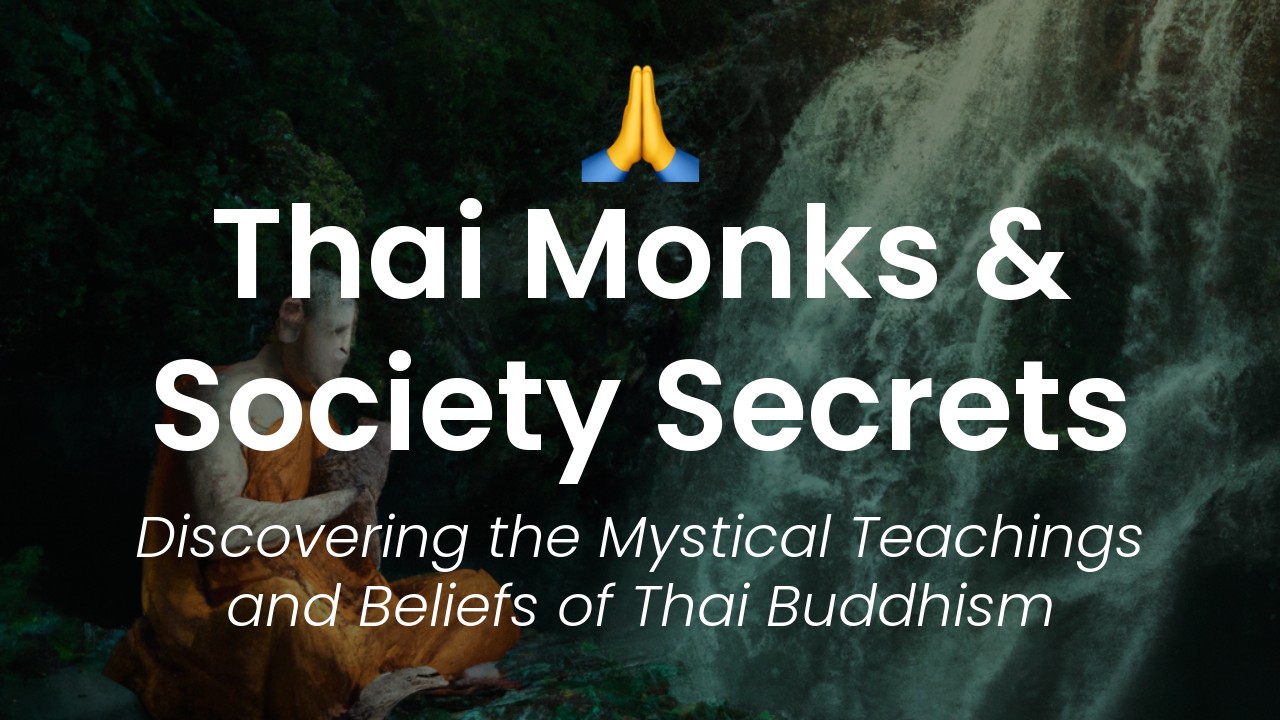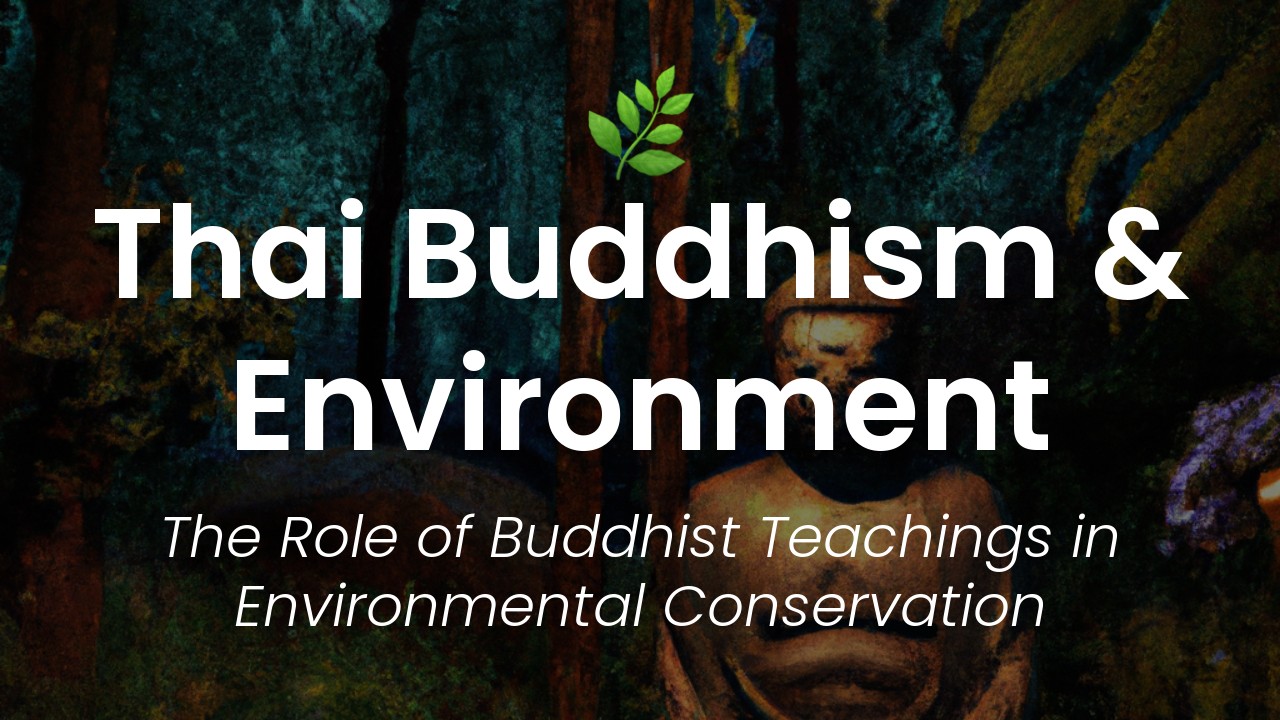I've always been fascinated by Thai Buddhism's complexity and depth. Being born and raised in Thailand, the influence of Buddhism is embedded in every aspect of my life. From simple acts like offering food to monks to more profound practices like meditation, Buddhism has always been a vital part of my culture.
In this article, I would like to share with you some of the moral insights that I have gained from my studies of Thai Buddhism. Writings about Buddhism can sometimes be dry, but I'll try to make it informative, engaging, and worth your while. I believe understanding Thai Buddhism's moral lessons can help you see the world through a different lens, where empathy, kindness, and compassion are key.
Some of the topics I'll discuss include the Four Noble Truths, the Eightfold Path, the Five Precepts, and other essential principles of Buddhism. I'll explain how these concepts can be applied to our modern lives and how we can benefit from incorporating them into our daily practices. I'll also share anecdotes and examples of moral insights that I've learned from my own experiences in Thailand.
So, whether you're a traveler visiting Thailand for the first time, or a seasoned expat who has lived here for years, I hope this article will give you a better understanding of Thai Buddhism's moral teachings, and help you appreciate the beauty and depth of this ancient faith.
Understanding the Four Noble Truths
Buddhism is one of Thailand's predominant religions, and its fundamental teachings revolve around the Four Noble Truths. These truths are an excellent starting point for exploring Buddhist morality and developing one's own moral insight.
The First Noble Truth is that suffering exists. According to Buddhism, suffering is an inherent part of human existence. It can be caused by both physical and emotional pain and is something that everyone must experience at some point in their lives. Buddhism teaches us to acknowledge the reality of suffering and work towards accepting it as part of the human experience.
The Second Noble Truth teaches that the cause of suffering is craving or attachment. Buddhism believes that we suffer because we crave things that we cannot have, whether it is material possessions or emotional attachments. When we become too attached to things, we create a sense of dissatisfaction within ourselves that leads to suffering. Buddhism teaches us that by letting go of our attachments and cravings, we can find a sense of peace and contentment.
The Third Noble Truth is that it is possible to end suffering. Buddhism insists that it is possible to end suffering by recognizing and letting go of our attachments and cravings. When we can accept the reality of suffering without resistance, we can then let go of the things or ideas that cause us the most pain, leading to a greater sense of peace and contentment.
The Fourth Noble Truth is that the Eightfold Path leads to the cessation of suffering. The Eightfold Path is a set of instructions for living that helps to guide us towards enlightenment and the cessation of suffering. These instructions include right understanding, right intention, right speech, right action, right livelihood, right effort, right mindfulness, and right concentration.
Embracing the Eightfold Path
The Eightfold Path highlights the importance of leading a balanced and ethical life. It teaches us how to cultivate wisdom, ethical conduct, and mental discipline necessary to gain insight into the nature of reality and finally attain enlightenment.
The first step of the Eightfold Path, right understanding, emphasizes the importance of knowing the Four Noble Truths mentioned above. It urges us to comprehend the interconnectedness of all things and understand that our actions and decisions have consequences.
Right intention is the second step and stresses the benefits of developing a compassionate and thoughtful mind. It promotes the idea of non-violence, kindness, both mental and emotional clarity as a foundation for all action.
The following steps of right speech, right action, and right livelihood emphasize the ethics involved in communication, decision making, and career choice. On this path, we aspire towards truth, honesty, and non-harming behavior. One should live and work in a way that doesn't cause harm to other beings or the environment.
Right mindfulness is the sixth step, and it encourages us to cultivate an awareness of our thoughts, emotions, and surroundings. On this path, we learn to live in the present moment rather than being caught up in worries about the past or the future.
Right concentration is the final step in the Eightfold Path, and it stresses the importance of meditation and mental discipline. Through meditation and other mental exercises, we can cultivate deep concentration, which allows us to gain greater insights into the nature of reality and reduce our suffering.
Observing the Five Precepts
In addition to the Eightfold Path, many Buddhists in Thailand also observe the Five Precepts. These precepts are moral guidelines that prescribe basic principles of ethical conduct observed by practitioners in their daily lives.
The Five Precepts advise us to avoid killing, stealing, sexual misconduct, harmful speech, and the consumption of intoxicants. Through observing these precepts, we prevent ourselves from committing actions that may harm ourselves or others.
A common addition to the Five Precepts for laypeople is abstinence from sexual misconduct like adultery. This action leads to damaging attachments and can also harm the people involved, so it is considered a behavior against Buddhist guidelines.
Practicing Mindfulness Meditation
One of the key techniques in Buddhist morality and insight is mindfulness meditation. Mindfulness requires focusing one's attention entirely on the present moment and cultivating a non-judgmental awareness of one's thoughts, feelings, and surroundings.
The regular practice of mindfulness meditation can help us become more self-aware and less reactive to our thoughts and emotions. Through mindfulness, we learn to observe our thoughts and feelings without getting caught up in them or becoming overly attached to them.
This practice helps us cultivate a sense of inner peace and contentment, which can lead to greater insight into the nature of reality and a reduction in our suffering.
Exploring the Concept of Karma
One of the most notable features of Buddhism's morality guidelines is the concept of Karma. Karma is the idea that every action we take has consequences, either positive or negative, and that these results will determine our future experiences.
This concept of Karma is used as an ethical guide in Buddhism and is an essential aspect of moral insight. It urges the practitioner to consider the consequences of their actions and indulge in those that lead to positive Karma and avoid those that subject to negative Karma.
Karma also helps one to understand the impermanence of life and creates the motivation to live in a positive frame of mind and be a good ethical individual.
Examining the Role of Compassion
Compassion is a central theme of Thai Buddhism and informs the religion's understanding of morality and how individuals treat each other. It is the ability to feel genuine empathy for others without being judgmental and is integral to avoiding harmful actions in Buddhism.
Compassion is emphasized in Buddhism in a variety of ways. For example, by reciting prayers for the well-being of all beings and carrying out charitable acts of kindness, such as making donations to the poor, sick, or elderly. Compassion also prompts us to visit and look after the least fortunate in society.
Applying Buddhist Morality in Daily Life
To integrate Buddhist morality and insight into your daily life is a challenge that requires dedication and regular practice. The teachings of Thai Buddhism provide practices alongside practical guidelines to live in a more ethical way.
By observing the Five Precepts, practicing mindfulness meditation, and following the Eightfold Path, you can slowly integrate Buddhist wisdom and moral insight into your daily life. Practice living with compassion for others, a non-judgmental and kind-hearted attitude towards one's self, and building stronger relationships with the world around us.
By adherence to these principles, you cultivate a life that stresses an optimistic approach, one that leads to ethical and compassionate living, and ultimately a pedestrian pathway to reducing suffering from one's own life and society.
